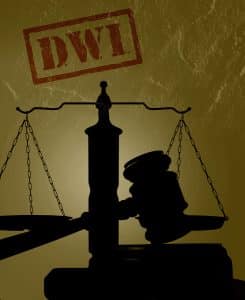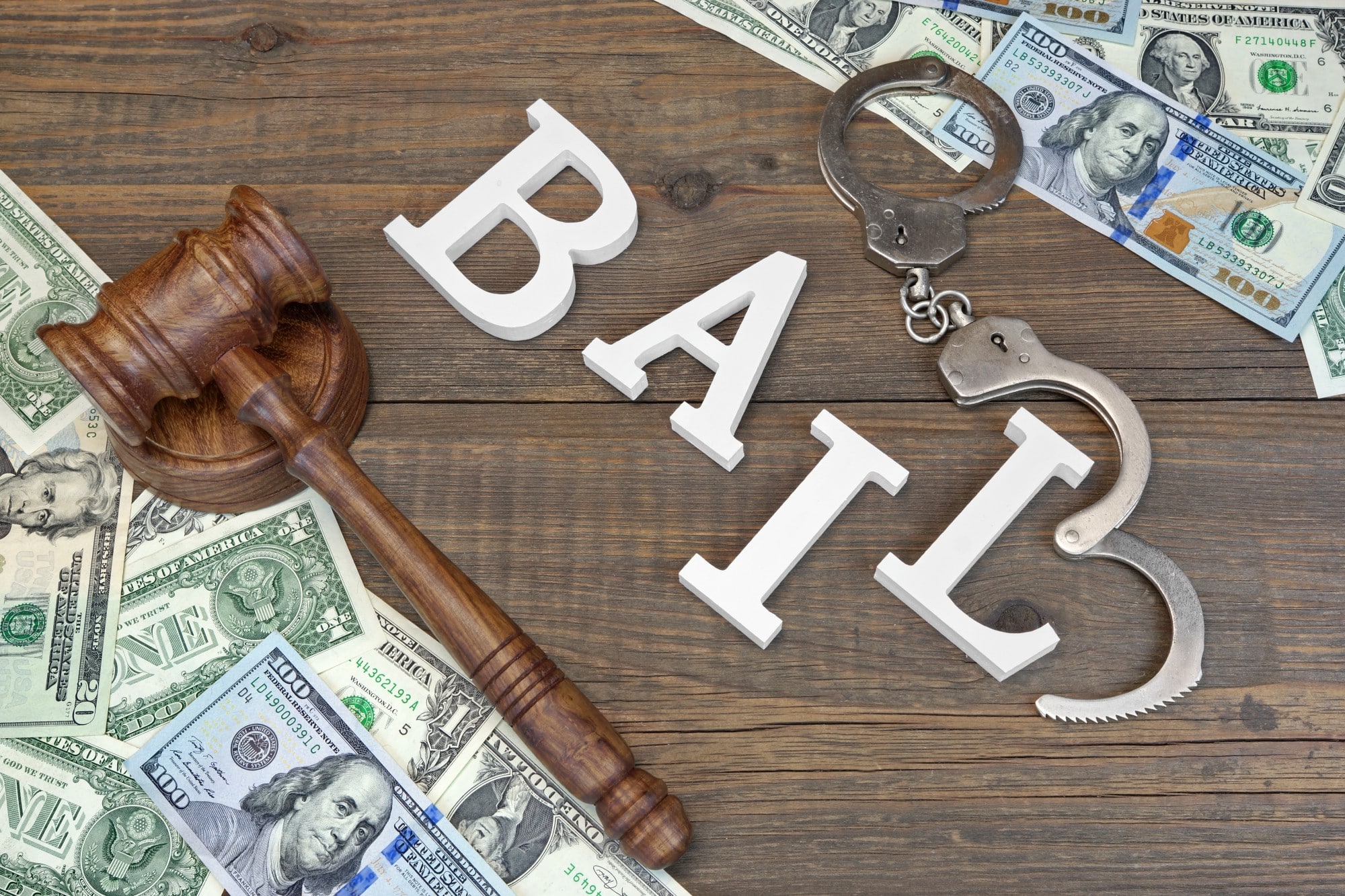Imagine yourself in a courtroom, solemn and charged with tension. In one corner the prosecution presents its case, seeking justice for the victims, while in the other, the defense tirelessly battles to protect your rights! Yes, fighting for your freedom when you are arrested for a felony can take a toll on your life and if you want moments of peace and quiet before the trial when you can spend more time with your friends and family and prepare for your case, working with a felony bail bonds company in Wake County, North Carolina is the way to go. Even when you aren’t charged with a felony, understanding what classifies as one can be a life-changing step to safeguard yourself from the legal implications. So, here we are with a blog to help you classify the different types of felonies in Wake County, NC.
Class A Felonies
Class A felonies are the most serious offenses in North Carolina, and they come with the harshest penalties. Common examples of Class A felonies in Wake County include first-degree murder, first-degree kidnapping, and certain drug trafficking offenses. First-degree murder, for instance, can lead to life imprisonment without the possibility of parole or even the death penalty in certain cases. The legal system takes Class A felonies very seriously, and the consequences are severe.
Class B1 Felonies
Class B1 felonies are the next level of felony offenses in Wake County. They carry substantial penalties, but they are slightly less severe than Class A felonies. Examples of Class B1 felonies include second-degree murder, certain sexual offenses involving minors, and certain drug trafficking offenses. Penalties for Class B1 felonies can include lengthy prison sentences, depending on the specific crime and the defendant’s prior criminal record.
Class B2 Felonies
Crimes such as voluntary manslaughter, kidnapping, and burglary with a deadly weapon may fall into the category of Class B2 Felonies. Penalties for Class B2 felonies can include significant prison time and fines, but they are less severe than Class A and B1 felonies.
Class C Felonies
Class C felonies are mid-level felonies in Wake County. Examples of Class C felonies include robbery with a dangerous weapon and certain drug trafficking offenses. While the penalties are less severe compared to higher-level felonies, individuals convicted of Class C felonies may still face substantial prison sentences and fines.
Class D Felonies
Class D felonies represent a lower level of felony offenses in Wake County. Crimes such as embezzlement, certain drug possession offenses, and certain property crimes can be classified as Class D felonies. Penalties for Class D felonies may include imprisonment and fines, but they are generally less harsh compared to higher-class felonies.
Class E Felonies
Class E felonies are the least severe type of felony in Wake County. These offenses are often non-violent and include crimes like larceny and certain fraud-related offenses. While penalties for Class E felonies can still lead to imprisonment, they are generally less harsh than higher-class felonies.
Conclusion
If the judge deems you eligible for making bail in a felony case, you are lucky beyond imagination. In case you or your loved ones cannot pay for the bail amount, felony bail bonds in Raleigh can come in handy. Searching for felony bail bonds service in Wake County? Contact the professionals at Amistad Bail and Immigration Bonds now for more information!






